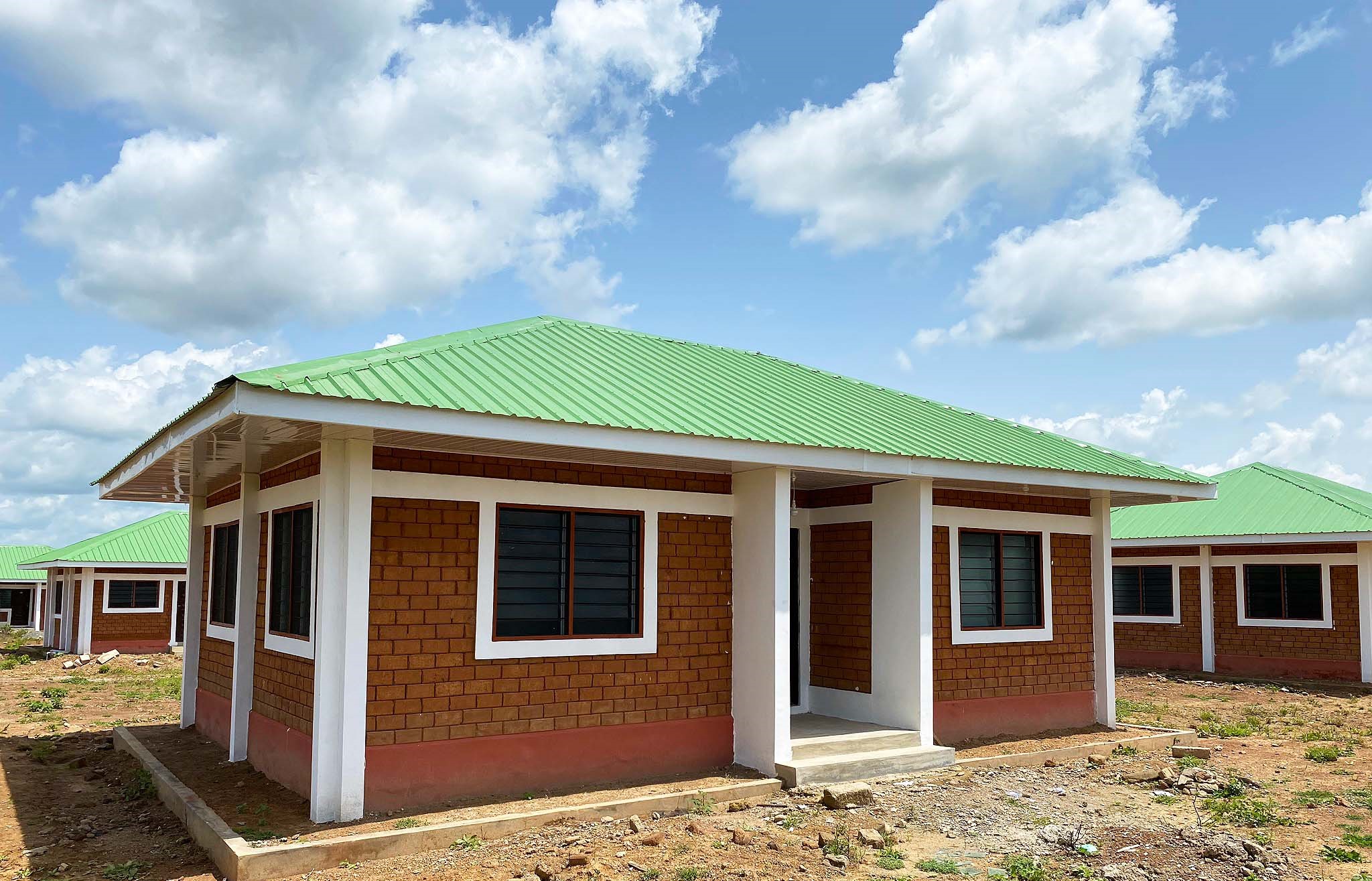Provision of Affordable Housing for Low-Income Groups in Tamale Metropolitan Area Through Self-Help Housing Approach
The document titled “Final Report on Social Housing” on the Provision of Affordable Housing for Low-Income Groups in Tamale Metropolitan Area provides a comprehensive analysis of social housing policies, emphasizing the need for effective strategies to address housing shortages and improve living conditions for low-income populations. It outlines key challenges, proposes actionable recommendations, and highlights successful case studies to guide policymakers and stakeholders in enhancing social housing initiatives.
Introduction
The report begins by contextualizing the current state of social housing, noting that many regions face significant deficits in affordable housing options. It underscores the importance of social housing as a means to combat poverty, promote social inclusion, and ensure that all individuals have access to safe and adequate living conditions. The authors argue that effective social housing policies can contribute to broader economic stability and community well-being.
Key Challenges in Social Housing
1. Affordability
One of the primary challenges highlighted is the rising cost of housing relative to income levels. Many low-income families struggle to afford rent or mortgage payments, leading to increased homelessness and housing instability. The report stresses that without targeted interventions, these trends are likely to worsen.
2. Supply Shortages
The report identifies a significant shortfall in the supply of social housing units. It notes that many existing units are outdated or poorly maintained, failing to meet the needs of current residents. This shortage exacerbates competition for available units and drives up costs in the private rental market.
3. Regulatory Barriers
Regulatory frameworks often hinder the development of new social housing projects. The report discusses how complex zoning laws, lengthy approval processes, and insufficient funding mechanisms can delay or prevent the construction of needed units.
4. Social Stigma
The social stigma surrounding public housing can deter investment and support for these initiatives. The report emphasizes the need for public education campaigns to change perceptions and promote the benefits of inclusive communities.
Recommendations for Improvement
1. Increased Investment
To address affordability and supply issues, the report advocates for increased public and private investment in social housing. This includes leveraging government funds, attracting private sector investment, and exploring innovative financing models such as public-private partnerships.
2. Streamlined Regulations
Simplifying regulatory processes can facilitate faster development of social housing projects. The report recommends creating clear guidelines that expedite approvals while maintaining necessary oversight to ensure quality and safety.
3. Community Engagement
Engaging local communities in the planning and development process is crucial for creating successful social housing projects. The report suggests involving residents in decision-making to ensure that developments meet their needs and foster a sense of ownership.
4. Innovative Housing Models
The document encourages exploring alternative housing models, such as co-housing or community land trusts, which can provide affordable options while promoting community engagement and sustainability.
Case Studies
The report includes several case studies from different regions that have successfully implemented innovative social housing solutions. These examples illustrate how targeted policies can lead to improved outcomes for residents:
- Case Study A: A city that adopted a mixed-income housing strategy saw a reduction in homelessness rates and improved community cohesion.
- Case Study B: A public-private partnership resulted in the rapid construction of new affordable units while maintaining high standards of quality.
- Case Study C: A community land trust model provided long-term affordability and stability for low-income families, showcasing a sustainable approach to social housing.
Conclusion
In conclusion, the “Final Report on Social Housing” emphasizes the urgent need for comprehensive strategies to address the challenges facing social housing today. By increasing investment, streamlining regulations, engaging communities, and exploring innovative models, policymakers can create effective solutions that enhance access to affordable housing for all individuals. The report serves as a valuable resource for stakeholders committed to improving living conditions and fostering inclusive communities through effective social housing policies.

Further reading:
Tamale Project | Our Homes in Ghana | Reall
Lahagu Housing Project – EDGE Buildings edgebuildings
